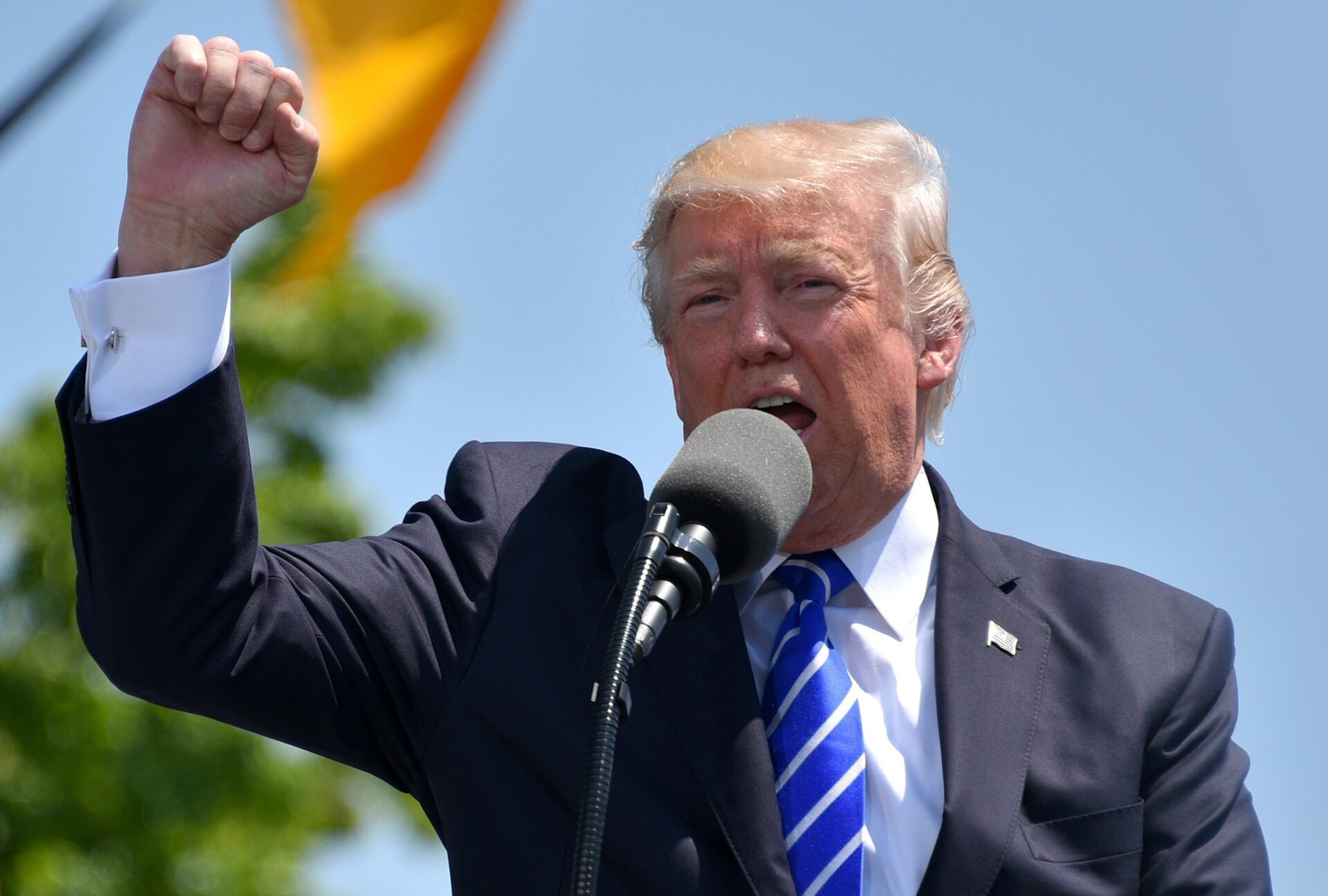Key Takeaways:
- Republicans faced major GOP losses in New Jersey, Virginia, Georgia, and Mississippi.
- Trump blamed the government shutdown and said he “wasn’t on the ballot.”
- The Wall Street Journal says Trump drove Democratic turnout.
- Economic woes and polarizing moves hurt Republican appeal.
- Voters warn the GOP to change course or risk 2026 wipeout.
President Trump blamed the recent GOP losses on the government shutdown. He said he “wasn’t on the ballot,” so it could not be his fault. However, the Wall Street Journal editorial board disagrees. They argue that Trump was a key reason for the high Democratic turnout. If Republicans think otherwise, they may face even bigger trouble in 2026.
Trump’s Blame for GOP Losses
Trump pointed to the shutdown as the culprit. He claims the budget fight turned off voters. Moreover, he argues he had no direct role because his name did not appear on the ballot. Yet many campaigns linked GOP candidates to Trump’s policies. They used his image as a reason to get voters to the polls.
For example, Democratic winners in New Jersey and Virginia highlighted their opponents’ ties to Trump. This tactic boosted Democratic turnout. As a result, the GOP suffered losses even in areas it once held. Trump’s claim he was not on the ballot ignores this link.
Wall Street Journal Pushback
The Wall Street Journal editorial board, despite its conservative bent, took a hard line. It said Trump was “the main motivating force behind a dominating Democratic turnout.” In other words, he may not have been on the paper ballot, but his presence loomed large in voters’ minds. The board warned that ignoring Trump’s impact is dangerous for the party.
The editorial also noted that the GOP losses were too widespread to blame on weak candidates alone. In swing areas and solid red zones alike, Republicans fell short. This suggests a deeper trend than simple local factors.
Trump, GOP Losses and Voter Turnout
The link between Trump and voter turnout became clear in key states. In Virginia, Democrats gained 13 seats in the state House of Delegates. They will hold 64 of 100 seats. This majority lets them redraw districts to gain congressional seats next year. Similarly, New Jersey’s governor-elect won by a big margin this time.
Elsewhere, Democrats even won statewide races in Georgia. They also cut the Mississippi GOP’s supermajority in the state Senate. These shifts underscore how strong turnout can reshape power.
Election Results in Key States
Virginia saw a “tsunami” of Democratic votes. Voters turned out in large numbers to push Democrats to victory. In the state legislature, 13 seats flipped. This swing could affect federal races in the next few years.
In New Jersey, Democrats won big after a tight race in 2021. Their new governor-elect beat his Republican rival by a clear margin. Furthermore, Democrats held onto the governor’s mansion. This shows voters supported their message despite mixed feelings on local issues.
Meanwhile, Democrats surprised many in Georgia. They won a statewide post, proving their strength in a state once seen as solidly red. In Mississippi, they chipped away at the GOP supermajority. Thus, GOP losses cut across different regions and races.
Deeper Economic and Political Factors
The Wall Street Journal editorial also explored why GOP losses happened. It pointed to Trump’s mixed economic record. Inflation sits around 3 percent, far from his promise to lower prices. At the same time, Trump’s tariffs often raise costs for American families.
Then, he pushes for lower rates from the Federal Reserve to offset tariff pain. This back-and-forth creates economic uncertainty. Many voters feel stuck between rising prices and unstable markets.
Moreover, Trump focuses on polarizing actions. He once ordered the National Guard into cities that did not ask for it. He also lobbies for indictments of political opponents. These distractions divert attention from his economic promises.
As a result, voters who backed him in 2020 may feel betrayed. They expected lower prices and higher incomes. Instead, they see only mixed results and constant political drama. This may explain why Democratic-leaning groups, like Hispanic and independent voters, swung back in large numbers.
A Warning for the Future
Taken together, these factors form a clear warning to the GOP. If the party relies too much on Trump’s style, it may face more losses. For instance, ignoring voter concerns about cost of living could cost Republicans even in safe districts.
In addition, continued focus on divisive culture fights may alienate moderate voters. Young families and suburban voters often care more about jobs, health care, and education. If Republicans fail to address these issues, they risk losing ground nationally.
Therefore, the upcoming years demand a new strategy. The GOP must find leaders who can unite the party and appeal to a broader audience. They need clear plans on the economy, health care, and jobs. Only then can they rebuild trust and compete effectively in 2026.
Moreover, party leaders should weigh Trump’s influence carefully. While he remains popular with a core base, his polarizing tactics can hurt the party in swing areas. Balancing his priorities with broader voter interests may help avoid future GOP losses.
Conclusion
Overall, the recent elections offered more than just local outcomes. They showed how deeply Trump’s presence shapes the GOP’s fate. Republicans must face this reality. Otherwise, they may repeat the same mistakes in 2026.
FAQs
What did Trump say about the recent GOP losses?
Trump blamed the government shutdown and stressed he was not on the ballot.
Why does the Wall Street Journal say Trump was “on the ballot”?
They argue his policies and image motivated voters to support Democrats.
How did economic issues affect GOP performance?
Mixed results on inflation and tariffs left many voters disappointed.
What should Republicans do to avoid future GOP losses?
They need fresh leaders, clear economic plans, and balanced messaging.
